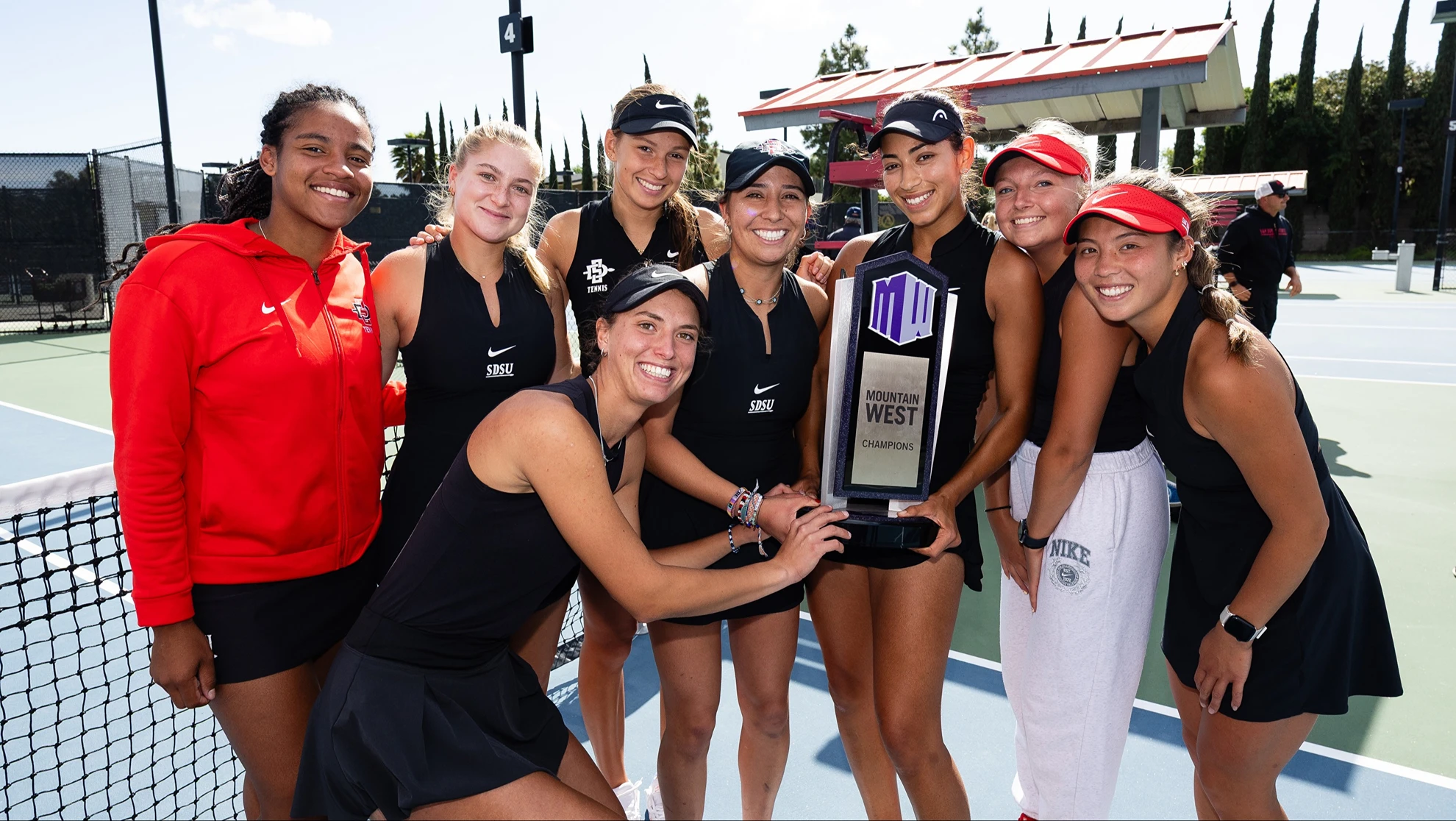SDSU partners with Bartell Hotels to enhance English competence in hospitality workers
SDSU Imperial Valley’s Professional Skills Development Center developed a custom English learning program tailored to Bartell Hotels employees.

Ivan Castro spoke only Spanish when he came to the U.S. from Mexico 25 years ago. While he learned some English over time, he wasn’t fluent, and the language barrier stubbornly weighed on his upward mobility at work and his day-to-day life.
Now the language roadblock is coming down for Castro and other previously non-English speaking employees at San Diego-based Bartell Hotels, thanks to a first of its kind collaboration between the hospitality chain and San Diego State University.
English as a Second Language with an Emphasis on Hospitality is a new four-month course created by the Professional Skills Development Center at SDSU Imperial Valley in partnership with Bartell Hotels, which covers the costs for its employees. The company has about 1,000 workers, one third of whom do not speak English.
Enrollees spend two hours after work, twice a week, learning how to use English effectively in the workplace from instructors at the Professional Skills Development Center. Following an assessment, English learners are grouped together based on fluency, with most participants falling into beginner or intermediate categories. Instructors weave customer service language skills into the 80-hour program.
The initial pilot attracted just three students. The second round, however, saw 20 employees take part, many of them 30 or older in their 30s, 40s and 50s. A course completion ceremony on Feb. 14 celebrated their achievement.
Both SDSU and Bartell Hotels hope even more employees will sign up when the course reopens in coming months.
Castro has been a maintenance engineer at Hilton Harbor Island, a Bartell Hotels property, for seven years. Part of the intermediate class, his English improved to the point where he has added responsibilities, such as interacting with the hotel’s outside vendors.
“This is my first-time studying English with a college, and the classes are amazing,” he said. “I have a couple of team members who don’t speak Spanish, and they tell me, oh, your English sounds really good than before you started to learn in this school. I am so grateful and still learning.”
Nearly 10.5 million Californians speak Spanish at home, according to U.S. Census data compiled by the Migration Policy Institute, a think tank. Sixty-one percent are bilingual. But 39% have “limited English proficiency” and may be entitled to translation services in certain situations under federal law.
Family owned for four decades, Bartell Hotels operates eight lodging properties in the San Diego region, including Humphreys Half Moon Inn, Sheraton La Jolla, and Pacific Terrace Hotel in Pacific Beach. The language initiative is the brainchild of Lydia Bartell, vice president of the company. Facing tight labor markets after the pandemic, Bartell, who is bilingual, thought English tutoring might help recruit and retain employees. She explored language apps and software, but none fit what she wanted.
Then she met Cristina Alfaro, SDSU associate vice president of International Affairs, at a community event, where they discussed SDSU’s University Seal of Biliteracy and Cultual Competence and how language learning can shape lives.
“I wish we could provide English lessons in a way that was economic, sustainable, and really effective,” said Bartell, recounting their initial conversation. “That’s when Cristina said I think we might be able to work together.”
So far, the program has delivered benefits. A room attendant at the Sheraton La Jolla has improved her English to the point that she is now getting a couple shifts per week in the dining room, opening the door to more lucrative, customer-facing jobs. Another Bartell employee sought to improve his ability to draft emails in English, and he was able to learn that through the program.
“It is very exciting to see the results so quickly,” said Bartell. “We have employees with excellent qualities, dedication to work, strong work ethic and very capable. The one thing they do not have is the language that is separating them from their current position and their potential position.”
Alfaro said the program is an innovative way to create opportunities for hospitality workers, and she praised the SDSU Professional Skills Development Center for creating a tailored, rigorous language learning program.
“Learning a language can turn people off. The fact that you have teachers who are bilingual, who can help you progress in your English, that is really key,” Alfaro said. “And for an employer to say I value you, and we are going to elevate you so you can continue to advance with your careers whether you stay with Bartell Hotels or whatever else you do in your lives, I want to congratulate Lydia for this beautiful vision, because nobody else is doing this.”
Jose Sanchez, assistant housekeeping manager at the Dana on Mission Bay, said the program has given him the confidence to speak and write in English more often, paving the way for better communication with guests and co-workers. He came to the U.S. 35 years ago and urged fellow employees to continue in the program.
“It is going to help you with your job to get a better position, and practice even if your pronunciation is not good,” he said in English. “Practice is the best way to get better and better.”



